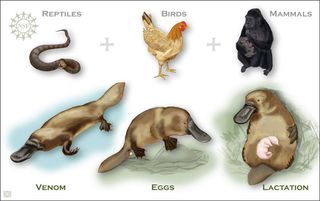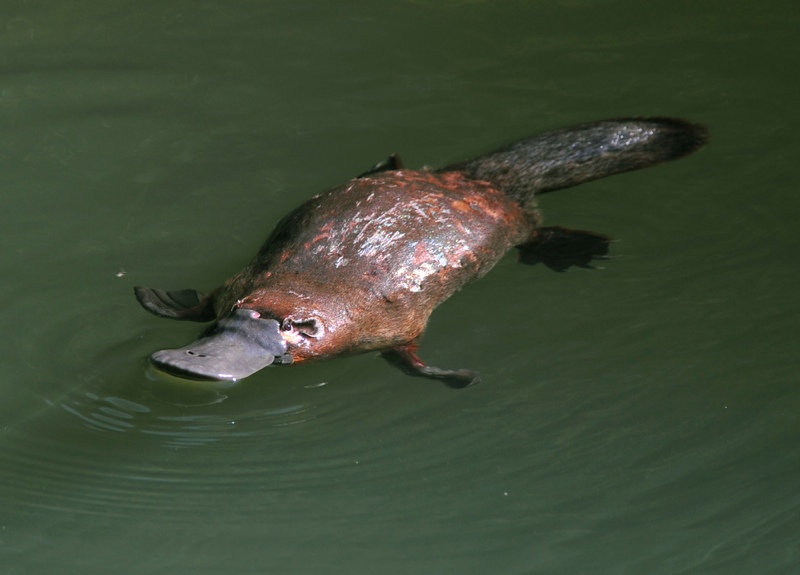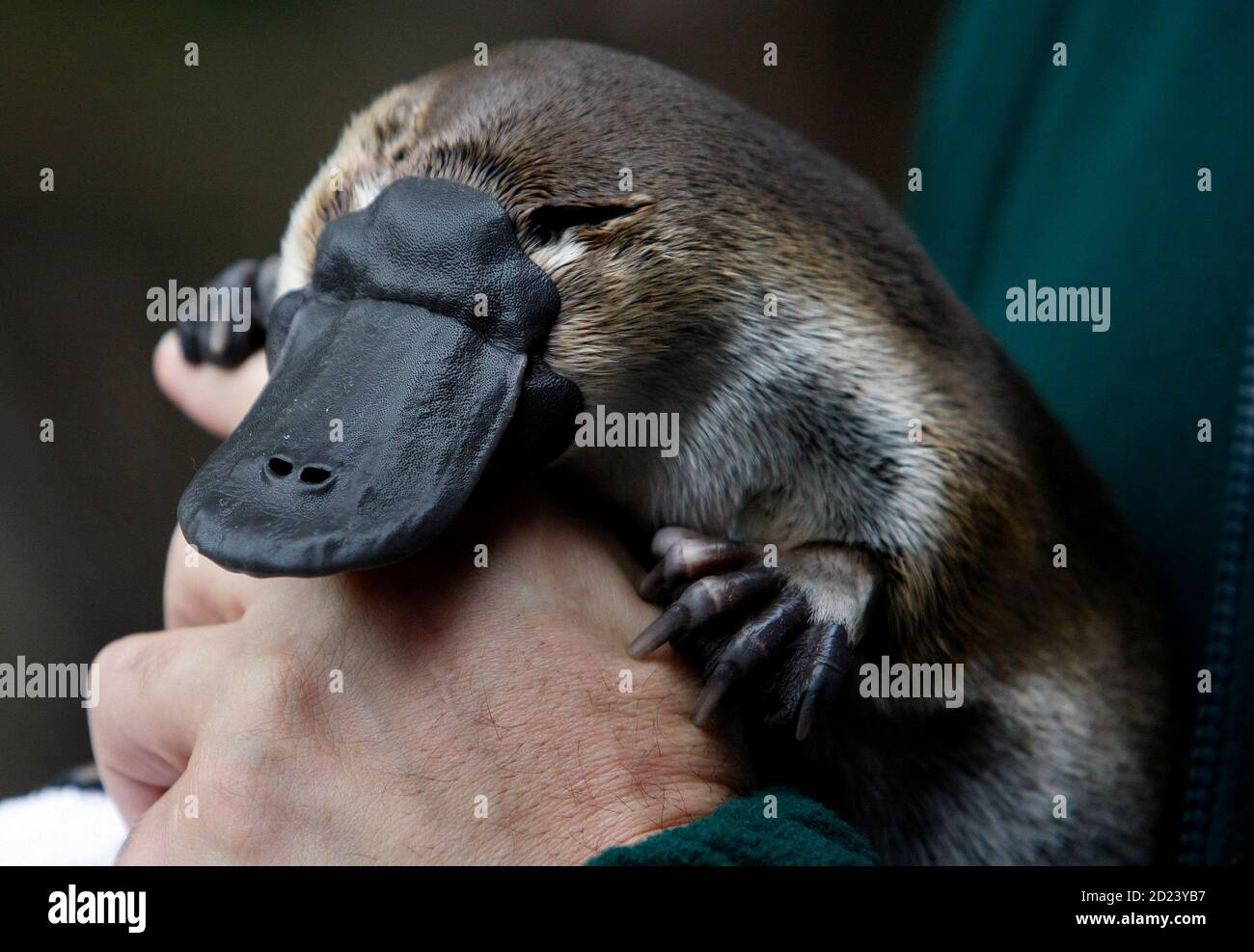
#Platypus evolution box how to#
What the heck would happen if some of them go through hardcore mutations? Play God and turn already weird creatures into even weirder ones! Mix, match, combine and evolve regular platypus to God-knows-what new species of platypus and take over the world and BEYOND! HOW TO PLAY I mean, they’re just plain bizarre already. From this forbidden love the platypus was born.” - Platystoteles We can all agree that platypus are unique creatures. “That’s one dam awesome game!” - Beaver Bill “There once was a beaver, who fell in love with a duck. What would happen if mutations started happening to them? Find out in Platypus Evolution! From the minds that brought you Cow Evolution and forever changed the way you see bovines, comes a new game that somehow manages to be even crazier and more nonsensical. And venomous! Yes, platypus are already odd by nature. Egg-laying, duck-billed, beaver-tailed, otter footed mammals. 4 in the journal Proceedings of the Royal Society B.įollow us, Facebook & Google+. "To put a stomach in a stomachless animal! Modern molecular biology techniques might allow this experiment," Castro said.Ĭastro, Wilson and their colleagues detail their findings online Dec. "That will help to understand the phenomenon of loss," Castro said.Īnd researchers may be interested to find out what would happen if the genes for acid and pepsin digestion were inserted back into stomachless species. Scientists can also investigate why the stomach emerged and persisted in evolution.

However, since there are at least 5,000 vertebrate species without stomachs, any such work could be like searching for "a needle in a haystack," he added. These similar genes "could, in theory, evolve similar functions" to those necessary for stomachs, study lead author Filipe Castro, an evolutionary biologist at the University of Porto's Interdisciplinary Center for Marine and Environmental Research,told LiveScience.įuture research can look for a missing link in the evolution of stomach loss - "animals lacking a stomach but having retained the genes," Wilson said. Still, it might be possible for these species to regain stomachs in the distant future if they adapt genes similar to ones for acid and pepsin digestion. "It appears that once the stomach is lost, that's all folks," study author Jonathan Wilson, a comparative physiologist at the University of Porto's Interdisciplinary Center for Marine and Environmental Research in Portugal, told LiveScience.

In contrast, the stomachless species the researchers analyzed have apparently lost the complex genes for gastric digestion beyond the point of recovery. Although species can redevelop complex traits, past research found the ancestors of those species retained the genes for those characteristics, and their descendants merely reactivated the genes. The investigators noted the loss of these genes suggests the reinvention of the stomach in these species is highly unlikely. These genes can be energetically costly to maintain, which could hasten their loss if they were rendered superfluous. If these species adapted to survive without the need for a stomach, the genes for its function could then be lost by mutation over time without ill effect. For instance, diets rich in chalky shells or bottom muck can neutralize stomach acids. The researchers suggest the ancestors of these stomach-free species grew to depend on diets in which digestion via pepsins and acids was not likely or even possible. The scientists found that in all species examined, stomach loss was clearly linked with the complete loss of the genes responsible for pepsin and acid digestion.

Since many animals have now had their genomes sequenced, researchers investigated 14 species with and without stomachs to see what genes they all might be missing.


 0 kommentar(er)
0 kommentar(er)
